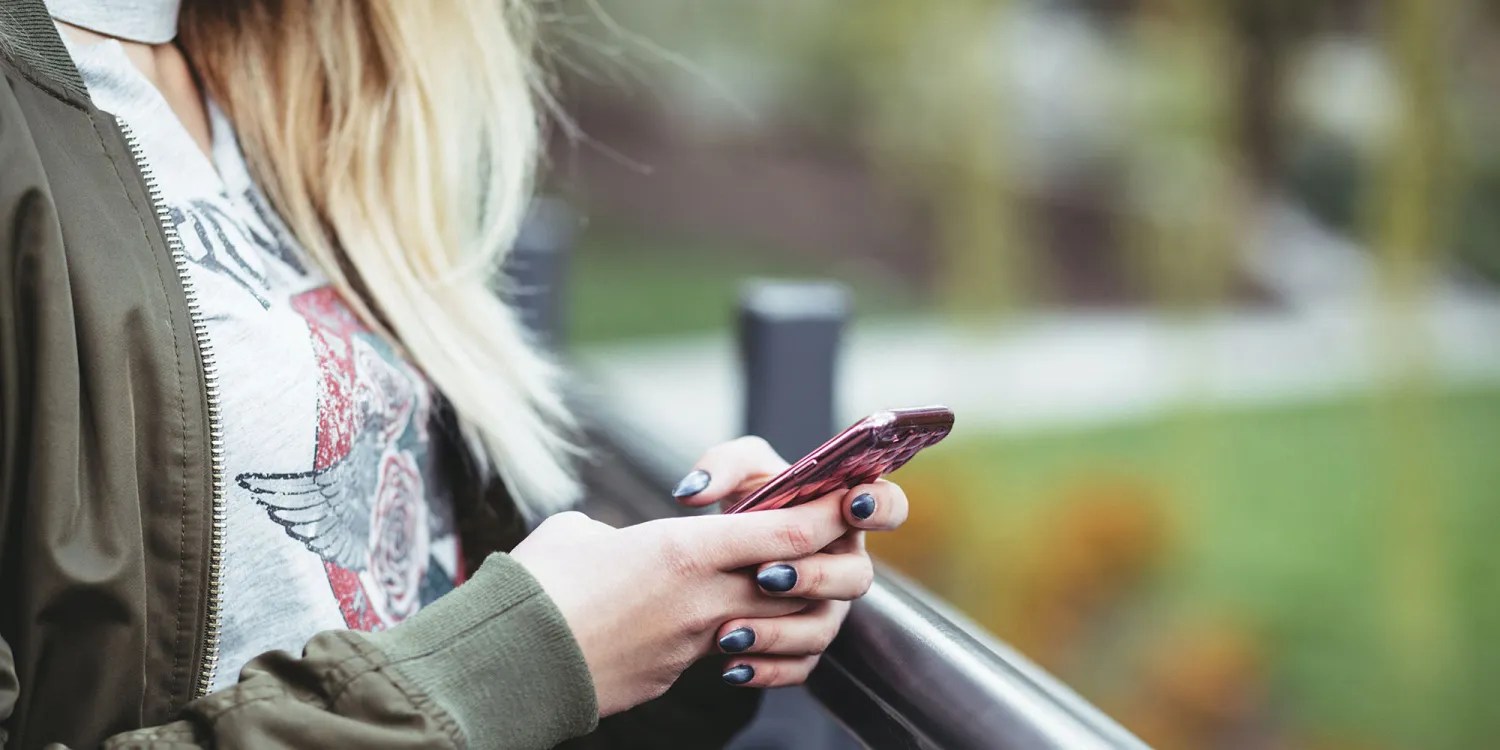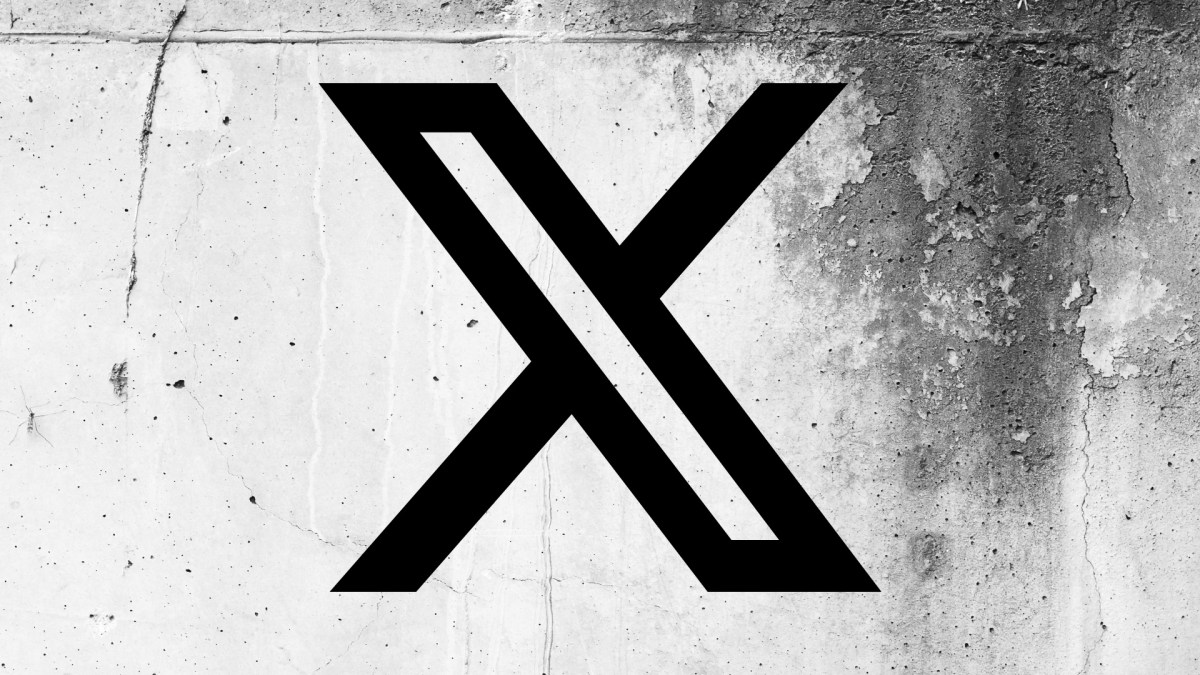
Note: This report contains links to reports about teenage suicides
Australia has followed France in imposing a social media ban for kids, and other countries are expected to follow. The French government is now pushing for an EU-wide ban.
Social media platforms are of course pushing back as they face losing a demographic seen as key to their future, and questions are being raised about how the ban will be enforced …
The Australian parliament yesterday approved plans to ban the use of social media apps by children under the age of 16 on the basic of the harm done to the mental health of young teens.
Numerous studies have shown links between the growth in social media and a significant decline in teenage mental health, and there appears to be a growing consensus that there is a causal link between the two.
There have been a number of teen suicides linked to social media:
- Self-harm content led to death of 14-year-old girl; Meta and Pinterest admit failings
- TikTok’s Algorithm Keeps Pushing Suicide to Vulnerable Kids
- Teenage girl killed herself after online bullying on social media
Australia’s law was introduced by communications minister Michelle Rowland.
“For too many young Australians, social media can be harmful,” Rowland said. “Almost two-thirds of 14- to 17-years-old Australians have viewed extremely harmful content online including drug abuse, suicide or self-harm as well as violent material. One quarter have been exposed to content promoting unsafe eating habits.”
Other countries likely to follow
Bloomberg notes that France has a slightly weaker law which bans under-15s, but reports that the country is now pushing for an EU-wide ban to be introduced.
France has renewed a push to keep under-15s off social media, Politico reported this week. French Education Minister Anne Genetet, a medical doctor by training, told Politico at a meeting of European Union education and youth ministers that the EU should follow Australia’s example.
The British government has also said it is considering a ban, and has been in touch with Australia to learn more about how it will work.
Social media platforms are predictably pushing back against the ban.
Meta said it was “concerned about the process which rushed the legislation through while failing to properly consider the evidence” […]
TikTok, owned by China’s ByteDance, said the legislation was “rushed” and “unworkable,” and riddled with “unanswered questions and unresolved concerns.”
Snapchat-owner Snap Inc. said previous international attempts at broad and mandatory age verification had failed.
X, known as Twitter before it was bought by Musk, said it had “serious concerns as to the lawfulness of the bill.”
Practicalities unclear
It’s currently unclear what mechanism will be used to carry out age verification. The government has already said ruled out using official documents like passports due to privacy concerns.
One particular challenge is that teens are among the most tech-savvy demographics, and would be better equipped than many to find workarounds for the ban. Neither kids nor parents would break the law if they access social media platforms: the law places the responsibility onto social media platforms, who would be fined for allowing access to children.
Photo: Freestocks/Unsplash
FTC: We use income earning auto affiliate links. More.

 2 hours ago
3
2 hours ago
3



















 English (US) ·
English (US) ·